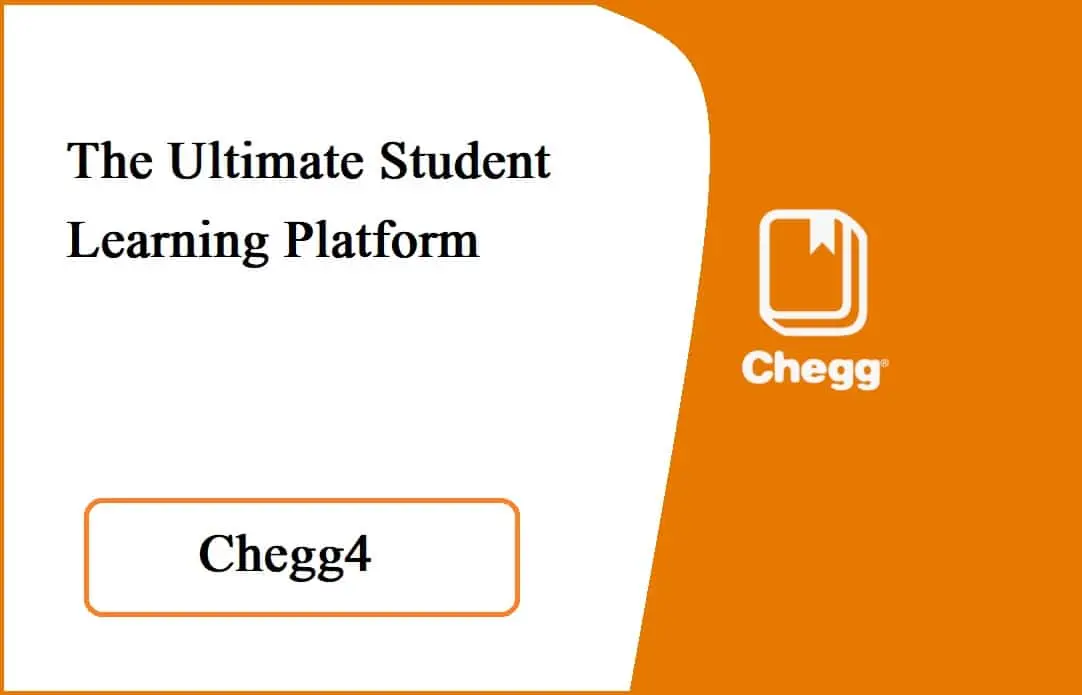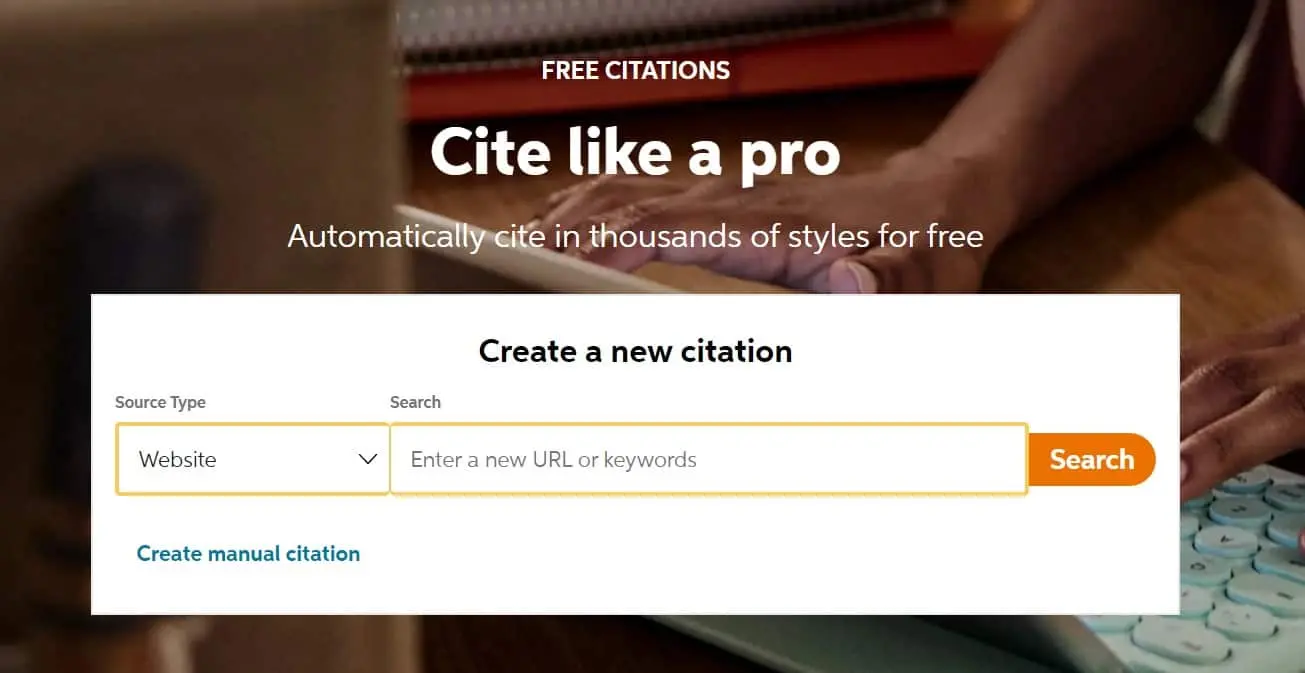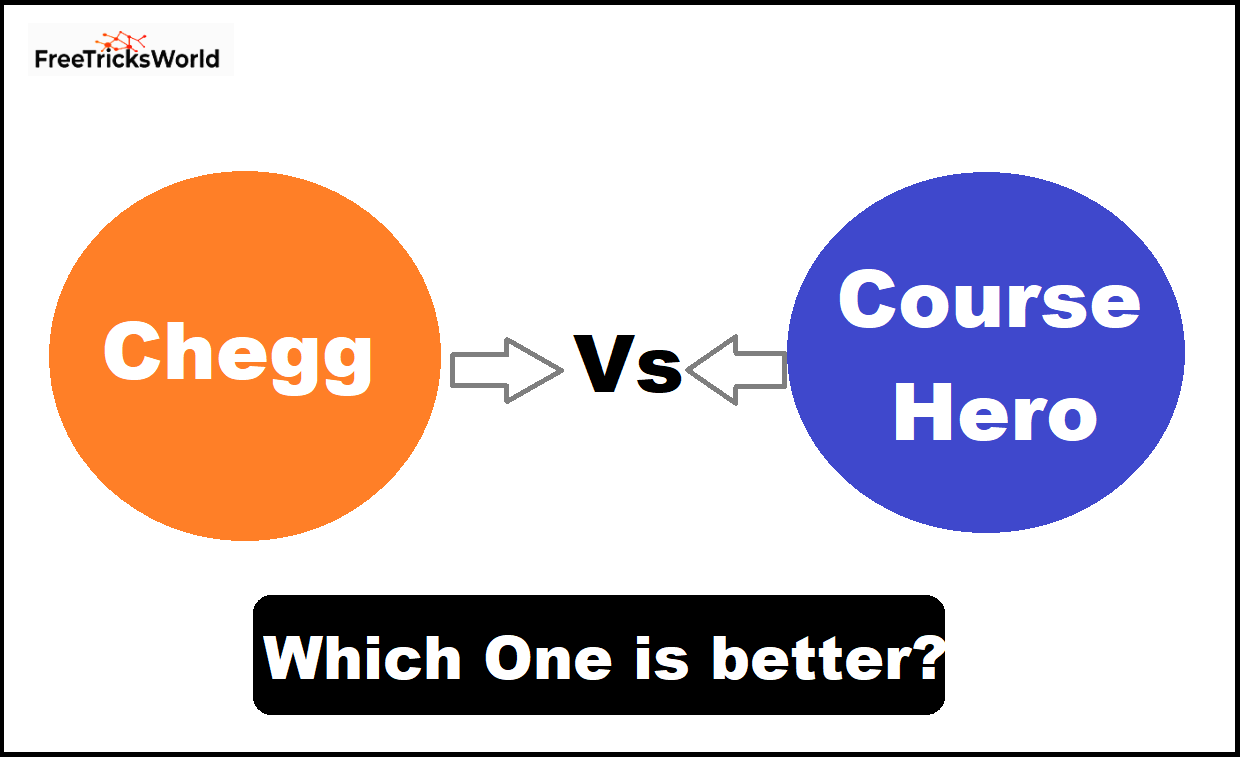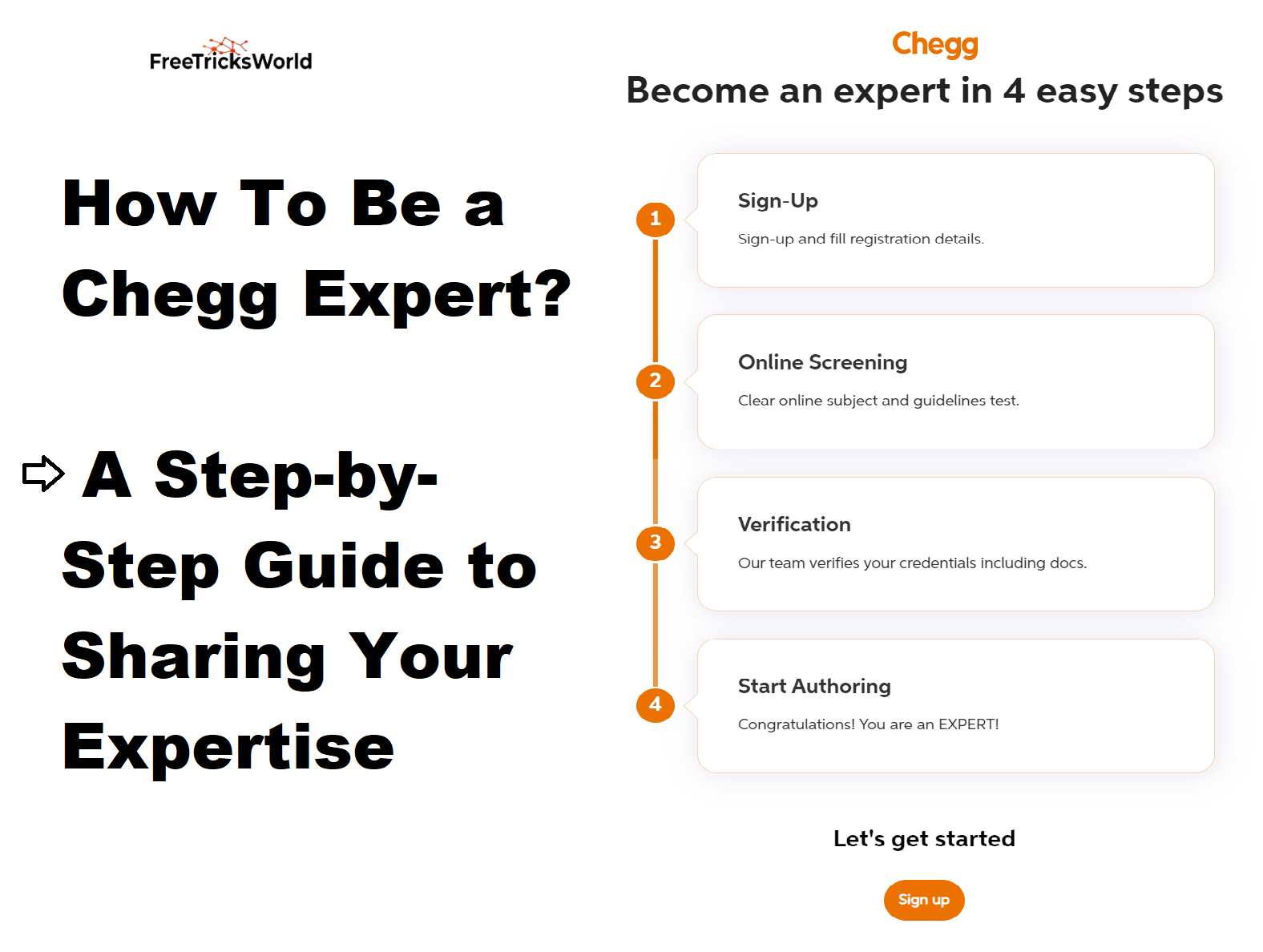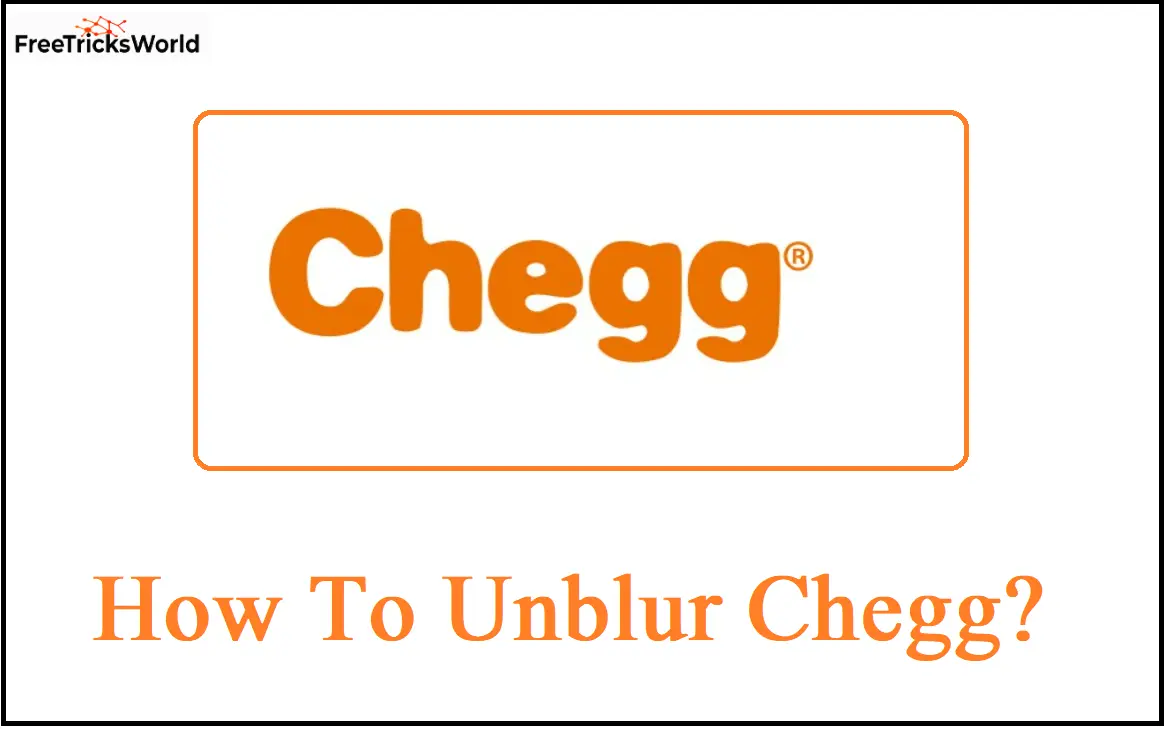How to Get Free Chegg Answers in a Legal Way: Ethical Solutions for Students
Students worldwide rely on platforms like Chegg for textbook solutions, expert Q&A, and homework help. However, subscription costs can be a barrier, leading many to search for “free Chegg answers” through risky or unethical methods.
This guide focuses on how to get free Chegg answers in a legal way without violating copyright laws, Chegg’s terms of service, or academic integrity policies. Below, we’ll explore legitimate strategies to access Chegg-like resources for free, safely and ethically.
1. Use Chegg’s Free Resources and Trials
Chegg offers limited free content and trial periods to help students explore their services legally.
How to Access:
- Free Chegg Account:
Sign up for a free Chegg account to access select study guides, practice problems, and blog posts. - Free Trials:
Chegg occasionally offers 1–4 week free trials for new users. Use a valid email and payment method (cancel before the trial ends to avoid charges). - Promotional Discounts:
Check Chegg’s social media (Instagram, X/Twitter) or partner websites for student discounts or promo codes.
2. Leverage Free Educational Platforms
Many websites and apps provide free homework help similar to Chegg’s solutions.
Top Legal Alternatives:
- Khan Academy:
Free video tutorials and exercises for math, science, and humanities. - Coursera/edX:
Audit free courses from universities like Harvard and MIT, often including problem-solving modules. - Quizlet:
Search for free flashcards and textbook answers uploaded by other students. Use the “Expert Solutions” feature sparingly (requires a paid upgrade). - Bartleby:
Offers a 7-day free trial for textbook solutions and writing help.
3. Access Chegg via Public Libraries or Schools
Many institutions provide free access to Chegg Study through library subscriptions.
How to Use This Method:
- Library Membership:
Visit your local public library’s website or ask staff if they offer Chegg as part of their digital resources (e.g., Libby, OverDrive). - University Partnerships:
Some colleges provide free Chegg access to students through departmental licenses. Check with your professors or academic support center.
4. Apply for Chegg Scholarships or Giveaways
Chegg awards scholarships and gift cards to students through contests and applications.
Steps to Participate:
- Visit Chegg Scholarships and filter opportunities by eligibility.
- Submit essays or creative entries for monthly contests (e.g., “Chegg Writing Contest”).
- Follow Chegg’s social media for flash giveaways of free subscriptions or credits.
5. Use Free Q&A Forums and Study Groups
Platforms like Reddit and Discord host communities where students share knowledge legally.
Best Communities for Free Help:
- r/HomeworkHelp (Reddit):
Post questions anonymously and get answers from volunteers. - Discord Study Servers:
Join servers like “Study Together” or “Homework Help” for real-time support. - Chegg Q&A Section:
Non-subscribers can view free answers to select questions on Chegg’s website (limited availability).
6. Collaborate with Peers via Textbook Sharing
Split costs with classmates or use free textbook repositories to find solutions.
Ethical Sharing Methods:
- Library Genesis (Caution):
While controversial, some public-domain textbooks are available here. Avoid copyrighted material. - OpenStax:
A legal, free textbook platform with step-by-step solutions for STEM subjects. - Group Subscriptions:
Share a Chegg account with friends under their “Group Plan” (allowed by Chegg’s terms if used privately).
7. Utilize Browser Extensions Responsibly
Certain tools can help you find free answers without bypassing paywalls illegally.
Safe Extensions to Try:
- AnswerUnlock (Discontinued, but alternatives exist):
Avoid extensions that violate Chegg’s policies. Instead, use Karma or Scribd Downloader to access free document-sharing sites. - Google Scholar:
Install extensions like Unpaywall to find free versions of paywalled academic papers.
8. Request Answers from Educators or Tutors
Teachers and tutors often provide free guidance to support student learning.
How to Ask for Help:
- Office Hours:
Bring specific questions to your instructor’s office hours for personalized explanations. - Campus Tutoring Centers:
Many schools offer free math, writing, and science tutoring services. - YouTube Tutorials:
Channels like “Organic Chemistry Tutor” or “Khan Academy” break down complex problems for free.
9. Use Government or Nonprofit Educational Portals
Government-funded platforms offer free resources similar to Chegg.
Recommended Portals:
- Khan Academy:
Funded by donations, it provides free courses aligned with school curricula. - MIT OpenCourseWare:
Access lecture notes, assignments, and solutions from MIT courses. - NASA STEM Resources:
Free tools for science and engineering students.
10. Earn Chegg Subscriptions Through Referrals
Chegg’s referral program rewards users with free months for inviting friends.
How It Works:
- Log into your Chegg account and navigate to the “Refer a Friend” page.
- Share your unique referral link with classmates or on social media.
- Earn 1–2 free weeks for every successful sign-up.
Avoid Illegal Methods: Risks of Unethical Access
While tempting, avoid these illegal tactics to protect your academic and legal standing:
- Screenshot Sharing:
Distributing copyrighted Chegg answers violates intellectual property laws. - Password Sharing:
Chegg bans accounts caught sharing login credentials. - Telegram Bots/Websites:
Sites offering “free Chegg unlocks” often host malware or phishing scams.
Final Tips for Ethical Learning
- Cite Sources Properly: Always credit original authors when referencing solutions.
- Use Answers as Learning Tools: Don’t copy-paste—understand the steps to avoid plagiarism.
- Report Fraudulent Sites: Help shut down illegal services by reporting them to Chegg.
Conclusion
Accessing Chegg answers for free is possible without resorting to piracy or unethical hacks. By leveraging free trials, educational platforms, library resources, and collaborative learning, you can get the help you need while staying compliant with legal and academic standards. Remember, the goal is to learn, not just copy. Use these strategies to enhance your problem-solving skills and succeed in your studies the right way.
By prioritizing ethical solutions for “How to Get Free Chegg Answers in a Legal Way,” this guide empowers students to make informed, honest choices while navigating educational resources.
